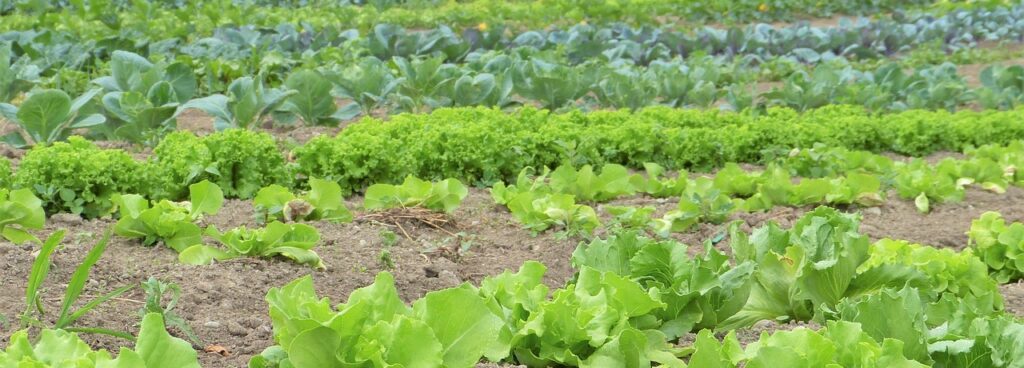Table of Contents
ToggleBenefits of cow dung for plants
introduction
If you enjoy working in the garden or want to naturally increase the health of your plants, manure may be the answer. This simple, yet powerful, organic fertilizer has been used for centuries to nourish plants, improve soil quality, and promote healthy growth. In this blog, we will explore why dung is so beneficial for plants, how to use it effectively, and answer some frequently asked questions about this natural fertilizer.

A natural fertilizer that can transform your garden
What is cow dung for plants?
Cow dung, also known as cow dung, is the excrement of cows that can be used as a natural fertilizer. It is rich in nitrogen, phosphorus, potassium, and other micronutrients required for good plant growth. In addition to its nutrients, cow dung improves soil structure, helps retain moisture, and promotes the growth of beneficial microorganisms in the soil.

Benefits of cow dung for plants
1. Improves Soil Fertility Dung is an excellent source of organic matter, which enriches the soil and improves its fertility. By adding manure to the soil, you can increase its ability to retain nutrients. making them more readily available to plants.
2. Improves Soil Structure The organic matter in manure helps improve soil structure, making it more clayey and less compacted. This allows the roots to go deeper into the soil, which encourages healthy plant growth.
3. Promotes Plant Growth Dung is rich in nitrogen, phosphorus, and potassium, three essential nutrients required for plant growth. Nitrogen promotes healthy leaves, phosphorus aids root development, and potassium helps plants resist disease and stress.
4. Improves moisture retention Manure helps retain moisture in the soil, which is especially important in areas with dry or irregular rainfall. It creates a sponge-like effect that absorbs water and releases it slowly, reducing the need for frequent watering.
5. Eco-Friendly Fertilizers Compared to artificial fertilizers, dung is a natural, eco-friendly alternative. By using cow dung, you can avoid harmful chemicals that damage the environment, improve biodiversity, and protect planet Earth.

How to use cow dung for plants
1. Fresh vs Composted Cow dung can be used both fresh and composted. However, composting is recommended to reduce the risk of pathogens and make manure nutrients more accessible to plants. To make cow dung, mix it with dry organic matter such as leaves or straw and let it decompose for a few weeks before adding it to your garden.
2. Methods of use
> Top dressing: Spread a thin layer of cow dung around the base of the plants and gently mix it into the soil.
> Soil amendment: Add cow dung to the soil before planting to improve soil texture and fertility.
> Liquid Fertilizer: Cow dung can also be used to make liquid fertilizer by soaking it in water for a few days and then using it to water your plants.
3. Dosage Always use cow dung in small quantities. Excessive amounts can enrich the soil with nutrients, causing plant burns or nutrient imbalances. Composted cow dung spread about 2-3 inches over the bottom of the plants is usually sufficient.
conclusion
Cow dung is a great, natural fertilizer that offers numerous benefits to plants and the environment. By improving soil fertility, increasing structure, promoting plant growth, and retaining moisture, cow dung helps create healthy gardens. Whether you’re a beginner or a seasoned gardener, using cow manure can help you achieve a thriving, sustainable garden.
Frequently Asked Questions (FAQ)
Yes, manure is safe for most plants if used properly. However, certain plants may require specific types of fertilizer, so it’s always a good idea to research your particular plant needs.
Depending on the type of plants and the soil’s current condition, manure can be applied once or twice a year. For best results, plant it during the growing season.
It is best to compost cow dung before use to reduce the risk of burning plants or spreading harmful pathogens. Composted manure is also easier for plants to absorb.
Manure can often be found at local farms, garden centers, or online stores. Make sure it is free from chemicals or additives.
Fresh manure can have a strong odor, but composting it significantly reduces the odor. Once fully composted, the odor is usually minimal and it is much easier to handle.

